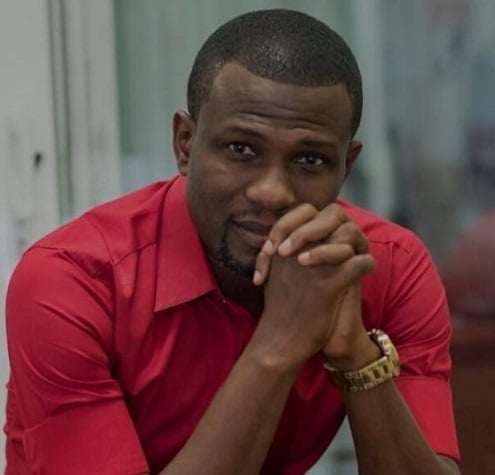Mark Okraku-Mantey, the Deputy Minister for Tourism, Arts, and Culture, recently responded to criticisms labeling him as the worst deputy minister in the department’s history. During an interview with Hitz FM on November 21, 2024, Okraku-Mantey addressed these accusations by emphasizing his constitutional role, which involves supporting and advising the substantive minister rather than taking full control of the ministry’s initiatives. He went further to clarify his achievements in the role, particularly emphasizing the construction of amphitheatres under his leadership—a project he proudly highlighted as part of his contributions to the arts and cultural landscape of Ghana.
In discussing the viral video critique by an individual known as Abro, Okraku-Mantey defended his track record by inviting comparisons to his predecessors. He argued that if he were to be considered the worst deputy minister, the critics should provide evidence of what the previous occupants of the role had accomplished. He stated, “If you say I am the worst, then you are comparing. Tell me what past deputy ministers in this ministry have done.” This defense points to his belief in the need for a balanced evaluation of his efforts relative to the historical context of the role.
Okraku-Mantey acknowledged challenges pertaining to the completion of the amphitheatres, linking delays to budget constraints exacerbated by the COVID-19 pandemic and ongoing economic issues in Ghana, including negotiations with the International Monetary Fund (IMF). He maintained that the projects are approximately 60 to 70 percent complete and specified that funding for their continuation is now secured, assuring stakeholders that construction efforts are resuming. This comment underscores his focus on overcoming obstacles that have hampered development in the sector.
In making his case for a fair appraisal of his tenure, Okraku-Mantey illustrated a commitment to advancing Ghana’s tourism, arts, and culture sectors. He recognized the importance of fostering these areas not only for economic development but also for cultural heritage and identity. His tenacity in arguing against the negative perceptions about his performance speaks to a larger narrative about evaluating public service effectively and acknowledging the complexities involved in ministerial duties.
Moreover, Okraku-Mantey’s emphasis on the need for completed amphitheatres reflects his vision for creating infrastructure that supports artistic expression and cultural events in Ghana. By communicating the significance of these projects, he also aims to align public expectations with the realities of bureaucratic processes, emphasizing that quality outcomes often take time and resources to materialize.
In conclusion, Mark Okraku-Mantey’s response to the criticisms levelled against him illustrates a larger discourse on accountability and achievements within the framework of political office. His insistence on being judged against his predecessors, his candid acknowledgment of the delays due to external factors, and his unwavering commitment to the development of the arts and tourism sectors collectively paint a picture of a public servant dedicated to his role despite facing significant challenges. He calls for more balanced evaluations, highlighting that progress can sometimes be incremental and dependent on various external economic conditions.


